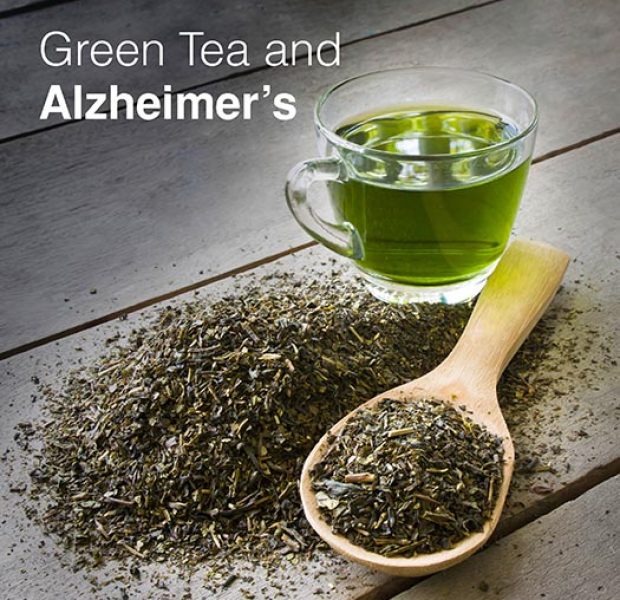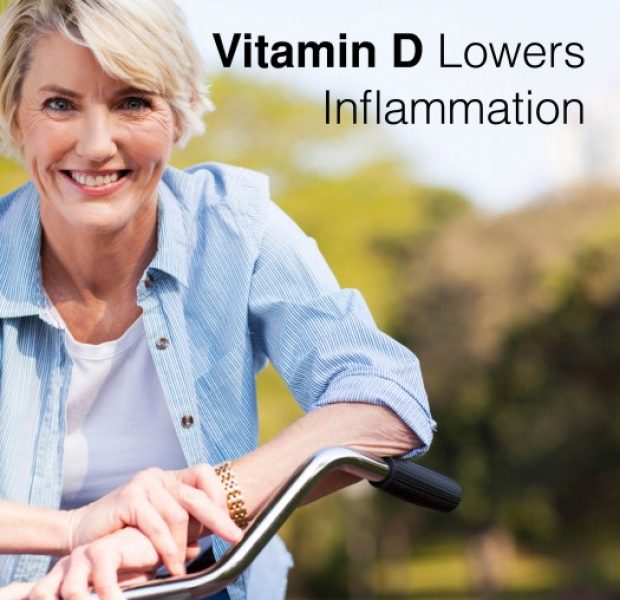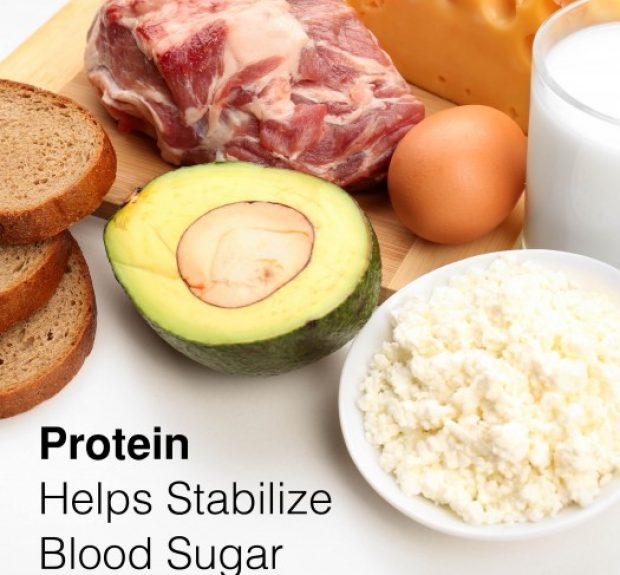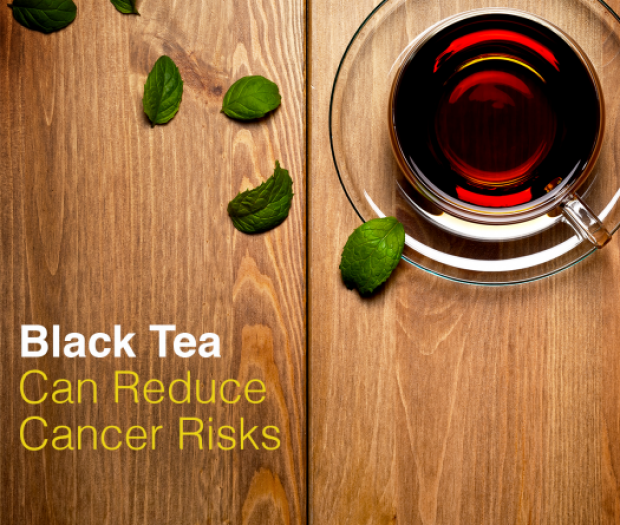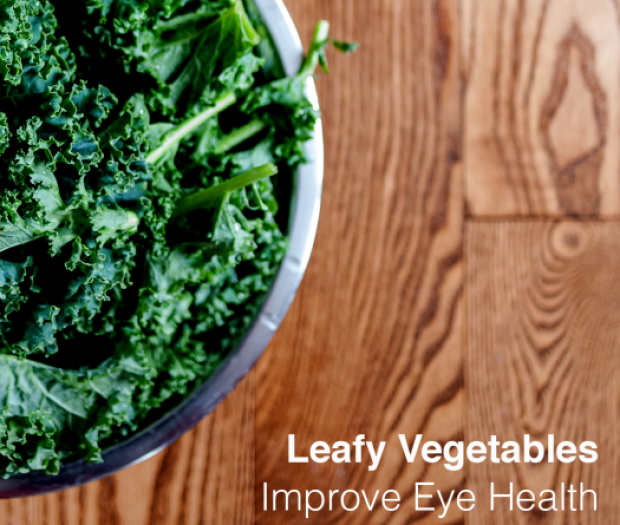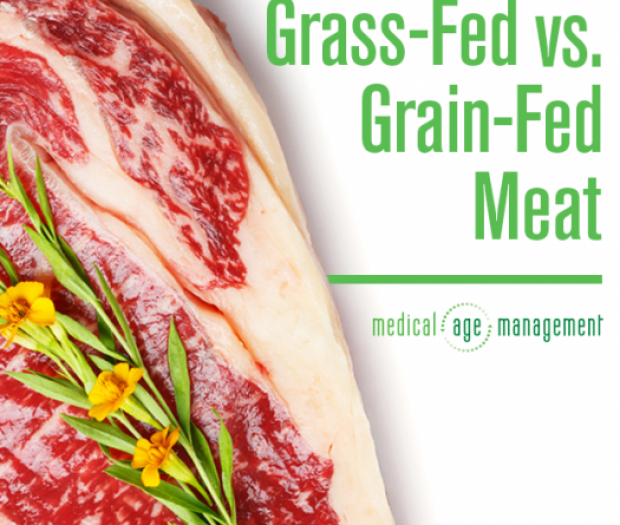Recent studies of Alzheimer’s disease in mice has shown that exercise and a compound found in green teas can slow the progression of the disease and may also reverse its effects. Researchers looked at epigallocatechin-3-gallate (EGCG), which is a green tea extract, and studied its effect on memory function by placing mice in a maze and testing their ability to navigate as well as build a nest with provided materials. After scoring them, the mice with symptoms of Alzheimer’s disease tended to build poor nests. Later, the mice were given EGCG in their drinking water and access to exercise wheels. Upon follow-up maze and nesting tests on the mice, there was a visible improvement in cognitive function and behavior of mice that were given EGCG and exercised. These results suggest that dietary polyphenols and exercise may have positive effects on brain health and even help slow the progression of Alzheimer’s disease.


